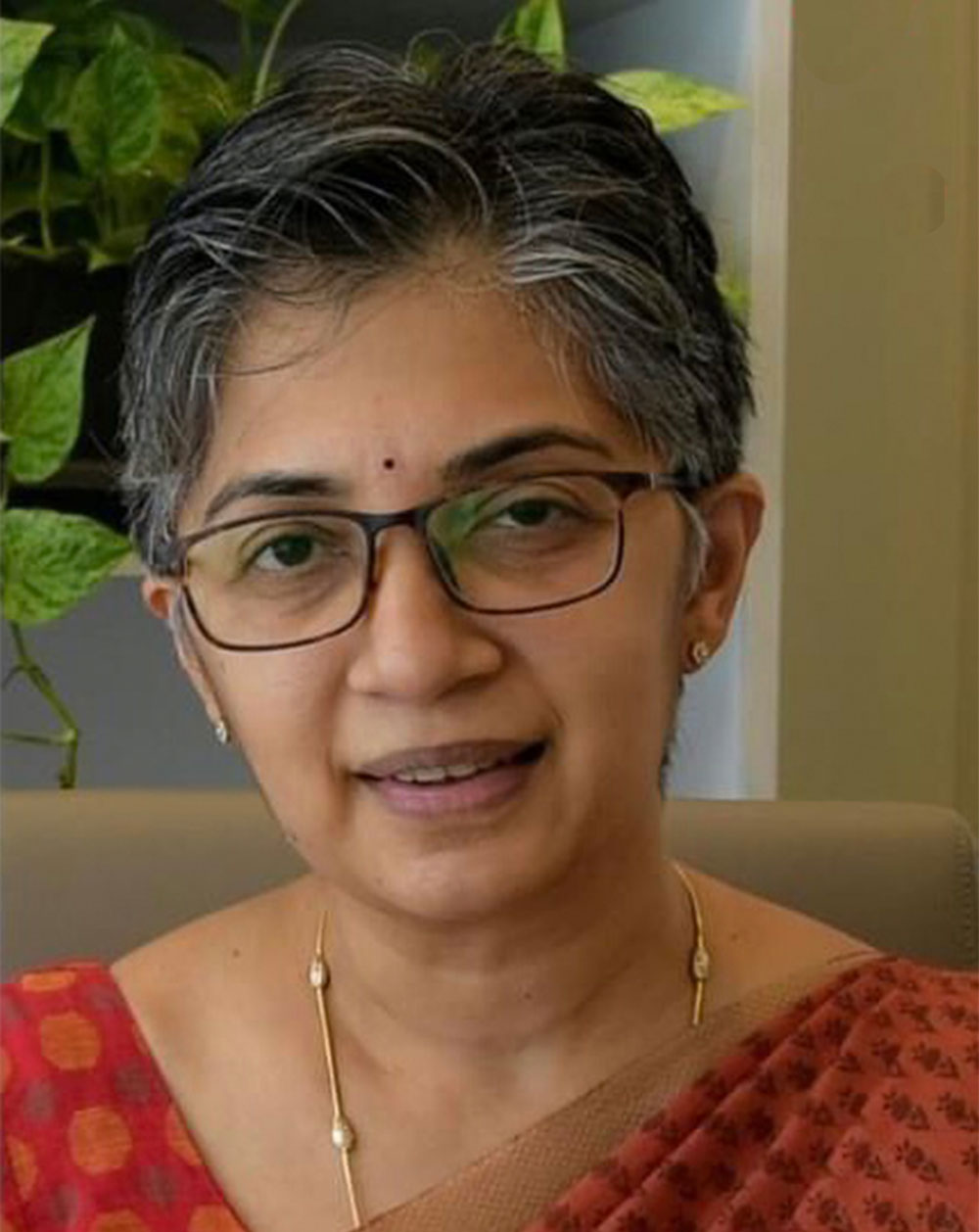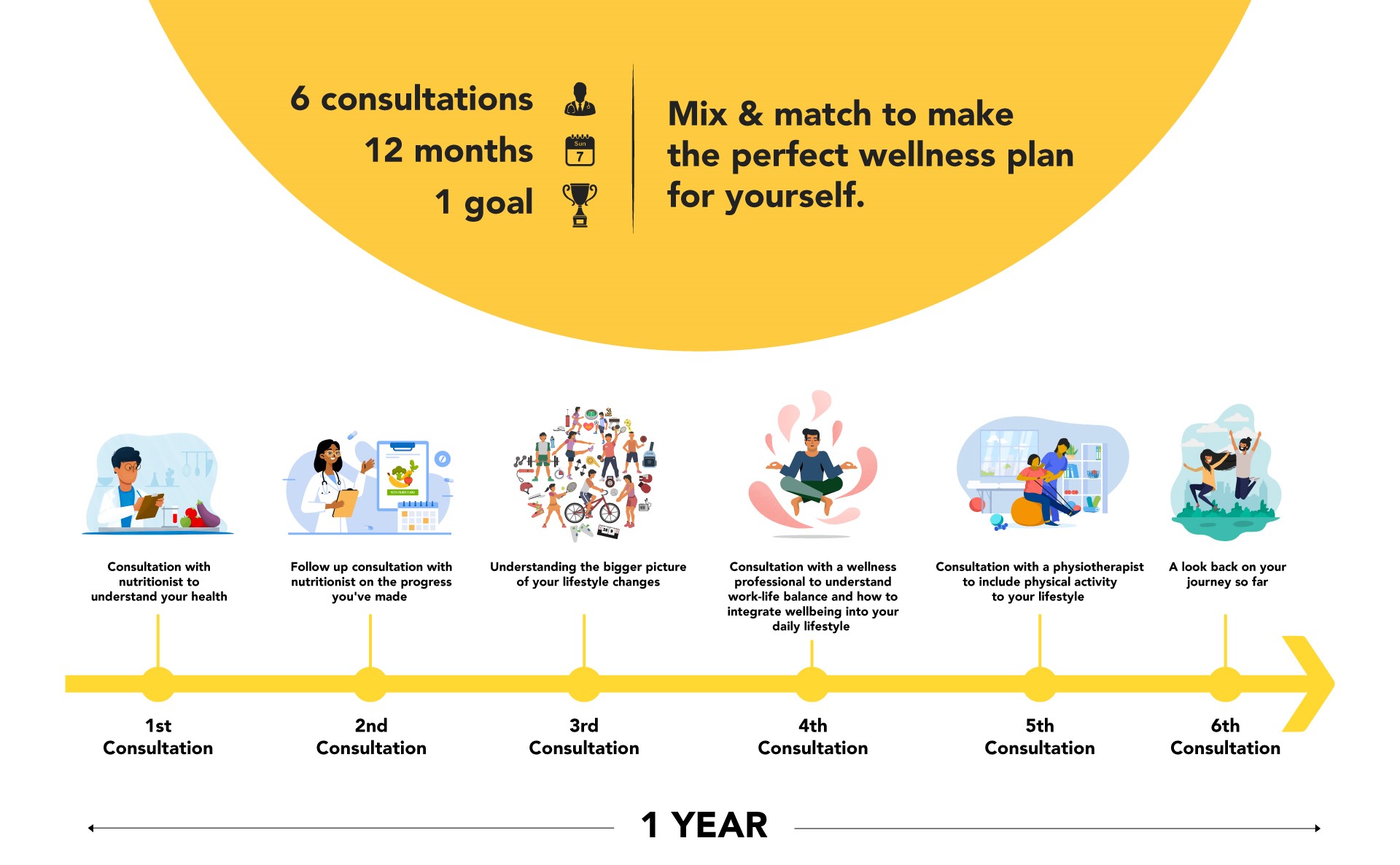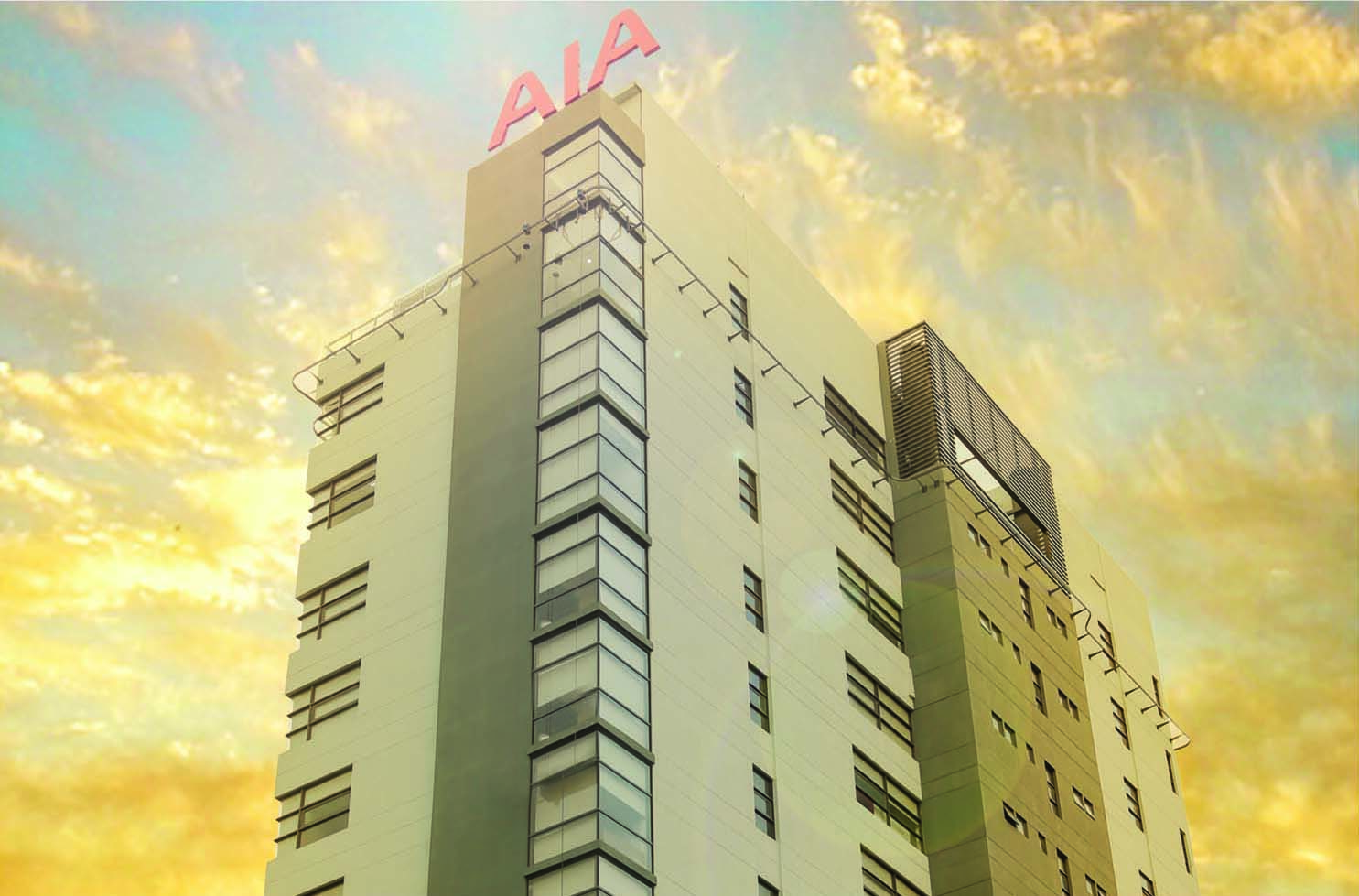Managing Hypertension


Dr. Kayathri Periasamy MBBS (Nottingham, UK), MRCP (UK), Board Certified in Internal Medicine (USA), PG Dip in Diabetes Care (Newcastle, Aust) Consultant Physician & Director Healthy Life Clinic
Hypertension is another name for high blood pressure. Blood pressure is the force exerted by the blood flowing in our blood vessels (arteries) against the walls of the blood vessels. So if you remember what you’ve learned at school about physics, the pressure depends on the work done by the heart in pumping blood and the resistance of blood vessels.
Normal blood pressure is less than or equal to 130/80 mm of mercury. It is called hypertension when it is higher than 140/90 on more than 2 occasions. Any reading in-between is considered as prehypertension and needs to be monitored.
In Sri Lanka, one third of the adult population was found to be hypertensive (Dr. Prasad Katulanda, et al 2014). This is a very common problem that requires attention in order to successfully prevent as well as control.
What causes high blood pressure?
Aging and genetics can cause high blood pressure. Our lifestyle, food and medicines or other medical conditions such as kidney disease can also contribute to high blood pressure. Common factors that can lead to high blood pressure include:
- A diet high in salt, fat, and/or cholesterol.
- Chronic conditions such as kidney and hormone problems, diabetes and high cholesterol.
- Family history, especially if your parents or siblings have high blood pressure.
- Lack of physical activity.
- Older age (the older you are, the more likely you are to have high blood pressure).
- Being overweight or obese.
- Some birth control medicines and other medicines.
- Stress.
- Tobacco use or drinking too much alcohol.
These factors can cause retention of excess fluid in the blood vessels and also the stiffening of blood vessels.
What are the symptoms?
Most people who have high blood pressure do not have any symptoms. It is very important to have your blood pressure checked regularly and you will find that your doctor always checks your pressure no matter what your reason for the visit was.
Some people with high blood pressure experience headaches, a sense of imbalance or giddiness, nosebleeds or shortness of breath. However, those symptoms usually occur once their blood pressure has reached a dangerously high level over a period of time.
How do you find out if you have high blood pressure?
The best way to find out is to visit your family doctor for a check up. This is a routine examination done in the doctor’s office. It is often also checked when you go to the doctor for an annual check up.
The blood pressure is checked with a blood pressure monitor (sphygmomanometer). It is quick, painless and is usually included in your consultation fee. Often it can also be checked by trained nurses at the clinic.
There are digital blood pressure monitors which can be used by anyone to check blood pressures at home too.
What are the complications of high blood pressure?
Poorly controlled hypertension can lead to heart attacks, strokes, kidney failure and vision problems. Often, there are no symptoms until the patient develops complications. For this reason, regular pressure checks are essential. If hypertension is allowed to go undetected at the early stage (asymptomatic phase), it may worsen causing serious irreversible complications with dire consequences or even premature death.
How do we manage blood pressure correctly?
A healthy diet and regular exercise are your first line of action towards regulating your blood pressure. There are many lifestyle adjustments you can make before resorting to medication: for example,
- Dietary Changes
- Reduce salt intake.
- Reduce consumption of fried foods and junk food.
- Increase consumption of vegetables and fruits.
- Activity
- Regular aerobics routine or even a brisk walk 30 minutes daily.
- Increase physical activity throughout the day.
- Reduce the time that you are seated.
- Stress Reduction
- Yoga and meditation.
- Recreational activities.
- Quit smoking
- Reduce alcohol consumption
- Not more than two drinks a day for men and one drink a day for women.
Drug therapy is introduced when these lifestyle changes are found to be inadequate. Your doctor may start you on a tailored low dose of one anti-hypertensive drug and then add more as necessary.
What are the side effects of anti-hypertensive drugs?
Side effects associated with anti-hypertensive drugs are usually minor. Eventually a combination of at least two anti-hypertensive drugs may be required to effectively control blood pressure. These drugs should be taken continuously on a long-term basis with regular blood pressure monitoring under the supervision of a physician.
Regular visits every three months to the physician will enable better blood pressure control, and any concerns about side effects can be addressed with the physician in a timely manner.
Can high blood pressure be prevented or avoided?
Studies have estimated that more than 60% of high blood pressure cases can be prevented if detected early and certain lifestyle measures are implemented. You can take steps to reduce your risk:
- Lose weight.
- Stop smoking.
- Eat a balanced healthy diet.
- Exercise regularly.
- Lower your salt intake.
- Reduce your alcohol consumption.
- Learn relaxation methods.
If your high blood pressure is caused by disease or the medicine that you take, talk to your doctor. He or she may be able to prescribe a different medicine. Additionally, treating any underlying disease (such as controlling your diabetes) can help reduce your high blood pressure.



